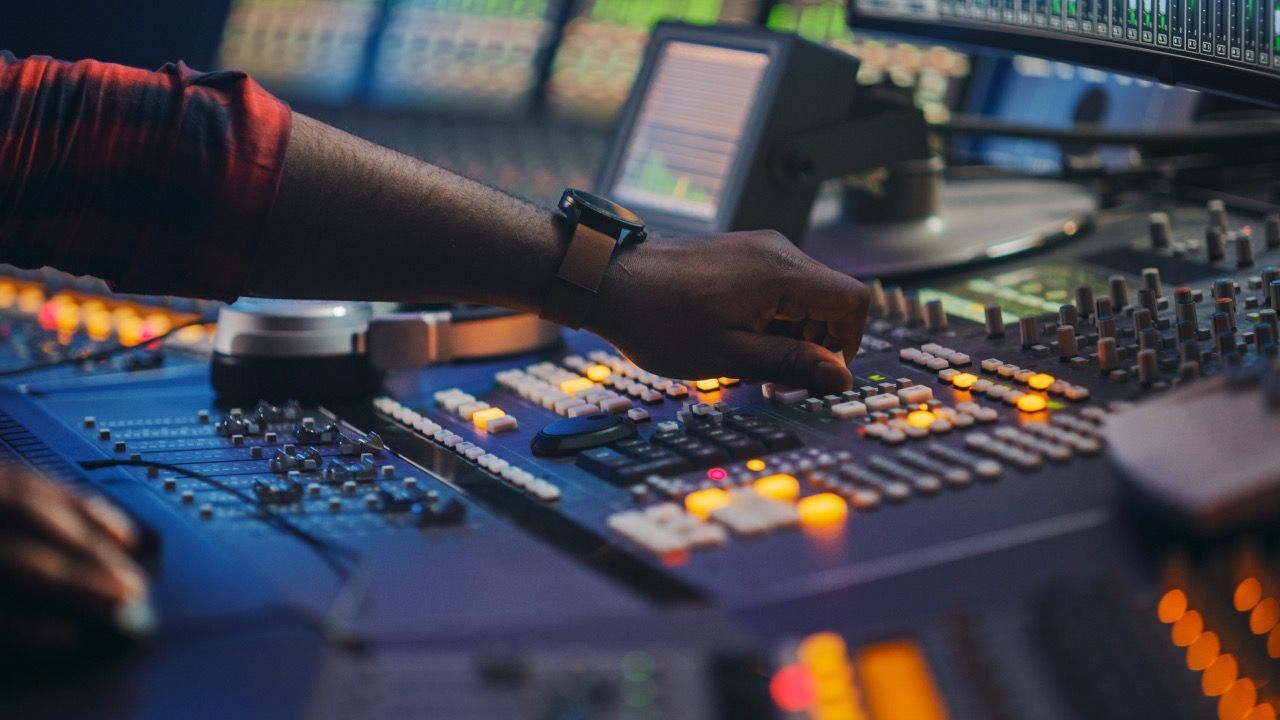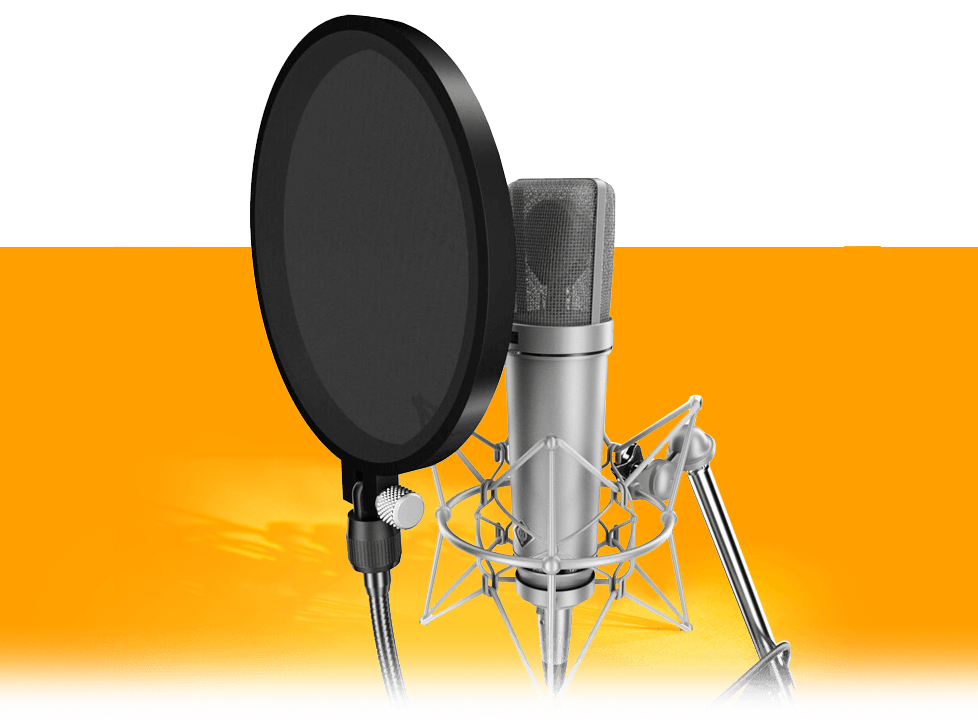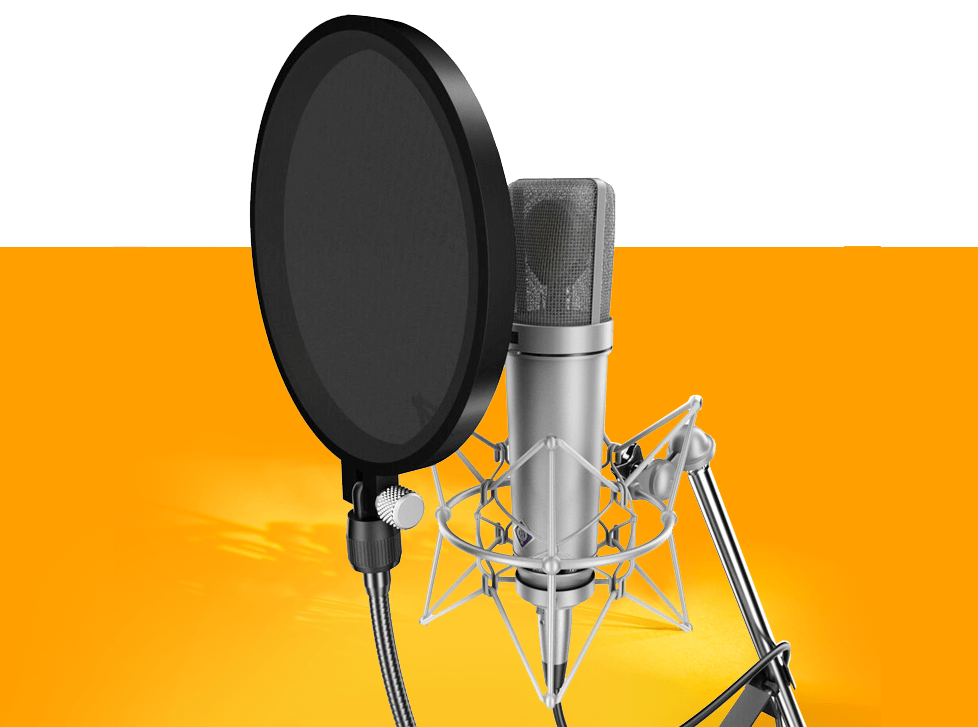Music Production & Engineering: Artistry Meets Technology
Jeremy Alves | December 12, 2024

Behind every hit song, timeless album, or memorable score lies the intricate craft of music production and engineering. While often misunderstood as purely technical, these disciplines are deeply rooted in artistry, collaboration, and creative problem-solving.
Production in music is far from an assembly line with ubiquitous parts. Instead, the final track you hear has creative input from the producer, engineer, and technicians — all right alongside the recording artist.
Learning how to become a music producer can be challenging, and many aspiring producers start by teaching themselves through online tutorials. While this can be a great starting point, you’ll likely need a music production course and proper credentials to truly begin your career.
So, let’s demystify the world of music production and engineering to help you better understand if it’s the right choice for your future career. Keep reading to learn why creativity and technical skills are both important for producers and engineers.
What Exactly is Music Production and Engineering?
Music production and music engineering are separate but related processes that focus on capturing, shaping, and finalizing a track or album. The roles certainly overlap but are distinct in their responsibilities. Let’s quickly break down their differences:
- Music production: Producers are often visionaries who guide a project's creative direction. They typically work closely with artists, songwriters, and engineers to develop a track's sound, mood, and overall structure or an entire album.
- Music engineering: Engineers handle the technical aspects of recording and sound manipulation. They operate equipment, mix tracks, and ensure that every sonic detail aligns with the producer’s vision.
These fields often overlap, and on smaller projects, they may even be handled by one person. In a typical studio, these experts work closely together to influence the final product's sound.
Typically, you’ll start as a music engineer or sound technician and then move into producing after gaining experience and receiving additional training. However, this isn’t set in stone, as the right program can give you the credentials and skills to step right into engineering.
The Creative Art of Music Production
Ultimately, music production is an artistic endeavor. The “button-pushing” side of it is simply how producers express their art. Producers sculpt soundscapes, craft arrangements, and experiment with tones to bring a song to life.
This career is as much about intuition and creativity as it is about technical knowledge. You’d need to learn the nuts and bolts of playing a guitar before you can be creative with new songs — the same concept applies to producers.
Music production's artistry is blending a track's emotional impact by using technical skills. Instead of playing chords or plucking strings, you’ll use technical skills to shape and change the sound as necessary.
For example, a producer might decide to layer unconventional instruments, add subtle effects, or rearrange song sections to better achieve the creative goals. These choices require a deep understanding of music theory, an ear for detail, and the courage to innovate.
The Role of Creativity in Music Engineering
Music engineering, often seen as a technical field, plays an equally vital role in artistic expression. Engineers shape the auditory experience of a song, determining how it feels to the listener at key steps in the process, which are:
- Recording: During recording sessions, engineers capture performances with precision, ensuring every nuance is faithfully preserved.
- Mixing: In the mixing stage, engineers balance instruments, vocals, and effects to create depth and clarity. This phase often involves creative decisions, such as panning elements across the stereo field or applying unique reverb effects.
- Mastering: The final step in the process, mastering ensures that tracks sound consistent across all playback systems, from headphones to stadium speakers.
Music engineers use their skills to amplify the emotion and impact of a song. Even though they certainly have a more technical role, the creative skills of the engineer will have a significant impact on the final result.
OIART's Audio Program Includes:
✓ Small Class Sizes
✓ On Site Facilities
✓ Industry Leading Instructors
✓ Post Grad Support & Guidance
✓ Exclusive 11 Month Program
The Power of Music Production and Engineering in Artistic Expression
Music production and engineering go beyond creating polished recordings — they shape music's emotional core. Every decision, from microphone placement to EQ settings, influences how a song sounds and determines its emotional impact.
A few examples of how this can play out are:
- A carefully placed crescendo can heighten anticipation and release in a track.
- A subtle vocal delay can add depth and intimacy to a ballad.
- A driving bassline can make an EDM track compelling and danceable.
- A compressor on a drummer’s kick can increase its impact.
Music production is transformative, turning raw performances into timeless works of art. This practice bridges the gap between an artist’s imagination and the listener’s experience, making it an indispensable part of the creative process.
The Collaborative Nature of Music Production and Engineering
Music production and engineering are highly collaborative fields. Success in these roles requires working closely with artists, musicians, and other professionals. Let’s break down a few ways these roles work together for the benefit of every project:
- Understanding the artist’s vision: Producers and engineers listen closely to an artist’s ideas and help translate them into high-quality sound. This process requires empathy, adaptability, and communication skills.
- Problem-solving together: Challenges often arise during production, which can range from technical glitches to creative roadblocks. Collaborative problem-solving ensures the team stays on the same page and achieves its goals.
- Building trust: A strong producer-artist relationship fosters creativity and encourages risk-taking, often leading to groundbreaking results. Whether it’s their first time working together or they both work for the same studio, trust between these rules is underrated yet critical.
When everything goes smoothly, music production becomes a shared journey where each expert contributes their unique strengths — creating something greater than the sum of its parts.
Learn the Creative and Technical Craft with Music Production and Engineering Schools
It’s not uncommon for producers to start independently, known as bedroom producers. While it’s possible to turn bedroom producing into a career, competing without formal training is highly challenging.
That’s where music production schools come in. These specialized schools prepare students to work in the field with a blend of practical knowledge and hands-on skill-building. A few core topics include the following:
- Audio recording techniques
- Mixing and mastering principles
- Music theory and arrangement
- Studio equipment operation
These programs emphasize technical skills as well as creativity, critical thinking, and collaboration—crucial qualities that define successful professionals in the field.
Develop and Transform Your Skills at a Music Production and Engineering School
Finding a reputable music production and engineering program paves the way for a lasting career. A few skills and techniques that help graduates build lasting careers in the industry, such as:
- Technical proficiency: Students learn how to navigate complex recording setups and software thanks to access to cutting-edge studio equipment. Without formal training, you’ll struggle to learn how to use equipment beyond a DAW, which can severely restrict employment opportunities.
- Creative problem-solving: Solving problems and keeping the project in motion is critical for every producer. Music production programs foster an environment where students are encouraged to experiment and innovate, helping them learn how to tackle creative and technical challenges.
- Collaboration and communication: Team projects mimic real-world scenarios, teaching students to work effectively with artists, producers, and engineers. A music engineer course also teaches you how to work as part of a dynamic team of varying experts where being able to communicate, collaborate, and solve conflicts is crucial.
- Adaptability: In an ever-evolving industry, a reputable program will prepare students to stay ahead by embracing new tools, trends, and techniques. For example, we’re already seeing a new wave of AI-powered tools emerge; you’ll need to learn how to use them while still expressing artistry.
- Industry Standard Practices: Speaking the language, knowing the various microphones, their polar patterns and common micing setups goes a long way. Being able to ingest what other engineers, musicians or producers are asking of you and efficiently deliver is a major skillset to advance in the audio industry.
While it’s not unheard of to start working in the industry without formal training, it’s never been more challenging due to the rise of advanced equipment and tools. Even those who love learning by themselves are starting to look to formal training when they want to take the next step toward full employment.
On top of the above skills, you’ll also build connections with other students and faculty, plugging you into a network that can last your entire career.
Blend Creativity and Technical Skills with OIART’s Music Engineering Course
Vocalists have voices, musicians have instruments, and producers have studio equipment and computers. Even though the skillset can seem like technical button-pushing, knowing how to use all the tools at your disposal requires creativity.
Music production and engineering are far more than technical processes; they are artistry forms that amplify sound's transformative power. Reputable music producer programs prepare you to work in the industry with both technical and creative lessons.
Choosing the right course is critical to learning the right balance of creativity and technical skills. Ending up with a program that leans too heavily one way or another won’t adequately prepare you for working in the field.
OIART offers an industry-leading music engineering program that blends both aspects of music production, so you’re ready to build a long-term career.
Explore our audio engineering program today to start making moves toward a fulfilling career.
Ready to Start?
OIART's Audio Program Includes:
✓ Small Class Sizes
✓ On Site Facilities
✓ Industry Leading Instructors
✓ Post Grad Support & Guidance
✓ Exclusive 11 Month Program
Top Reasons Why You Should Choose OIART.
Have Questions?
If you have questions about our audio engineering and music production program or would like to book a tour, we would be pleased to speak with you.
Text Us: 519.200.4151
Share This With a Fellow Music Lover
Apply in 3 Steps!
Step 1: Click Apply Now to start.
Step 2: Answer questions about yourself.
Step 3: Submit and check your email.
Share this with fellow music lovers


